Groundbreaking law clinic marks 30th anniversary
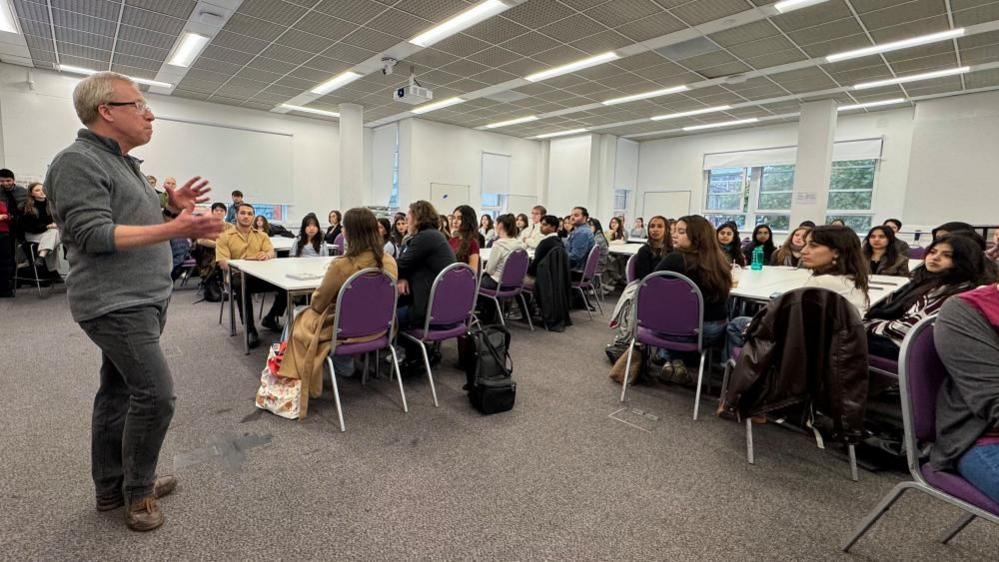
More than a hundred students have signed up to volunteer their time with the University of Bristol Law Clinic.
- Published
A legal service which started after its founder helped a homeless man get legal aid is celebrating its 30th anniversary.
The University of Bristol Law Clinic was the idea of Prof Donald Nicolson, who had previously supported clients in apartheid South Africa.
In 1995, in a room with an answerphone and some filing cabinets, he encouraged law students to do voluntary work for people who could not afford legal services.
"The Bristol students showed me what you can do with enthusiasm and skills, and so I'm very proud of that," said Prof Nicolson.
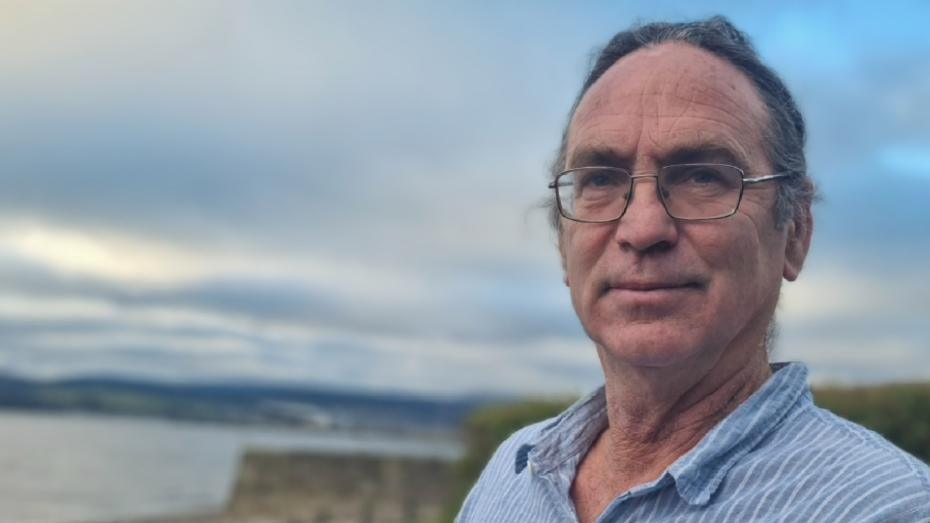
Professor Donald Nicolson is the author of 'How to Set Up and Run a Law Clinic'
Prof Nicolson believes the charges against the homeless man that prompted him to start the clinic, were dropped.
"Whatever his fate, I suppose, he had a positive impact on lots of other people for decades since."
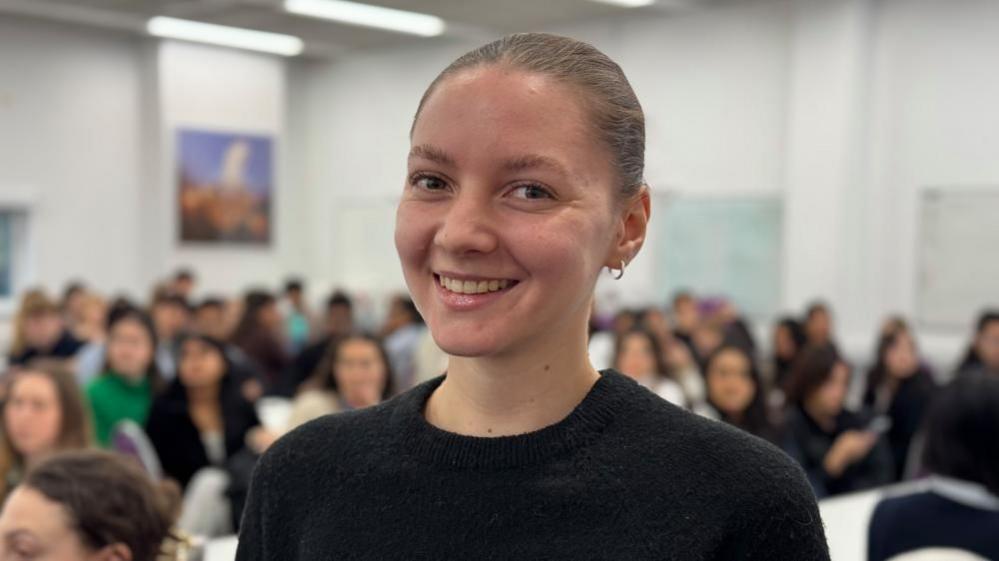
Chloe Wilson, a former clinic volunteer, represented a grieving family at a jury inquest
Chloe Wilson, a former volunteer, said she had achieved a successful outcome at a jury inquest for a client whose father had died after being restrained by shop workers.
"It was a very serious case and not something students would typically get the opportunity to handle," she said.
"[The family] did give me - at the end of the inquest - a little thank you card.
"They said they were able to move forwards with their lives which was really, really touching."
Ms Wilson said the law clinics help students understand their duty to "help people who find themselves in situations through no fault of their own".
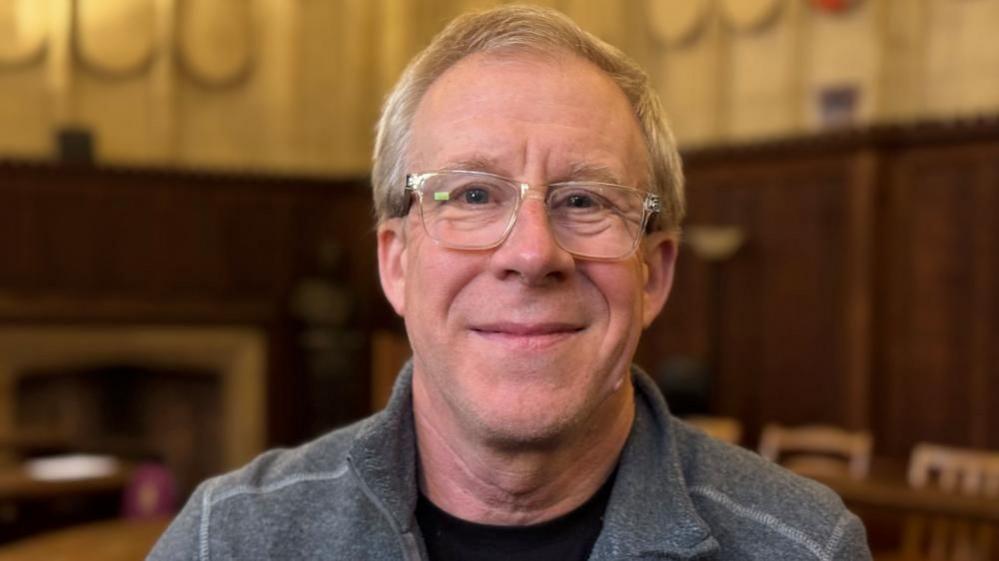
John Peake, who leads the clinic now, says it is where student lawyers learn about the needs of real people.
John Peake, current director of the clinic, said the clinic was important because of the difficulty in getting help with "lower-level problems."
"Housing disputes, benefit problems - those sorts of things where there are fewer lawyers to help with those sort of situations," he explained.
The law clinic recently recruited 130 new student volunteers who will now begin to work on cases.
Volunteers from Bristol's Law School work with qualified solicitor to help clients with legal issues including housing, employment and welfare benefits.
Sumayyah Malna, supervising solicitor, said: "The students are more inspiring than some of the very senior lawyers I've worked with in senior practice.
"It's infinitely inspiring to see the numbers in the room and how enthusiastic they are to run cases for our local community".
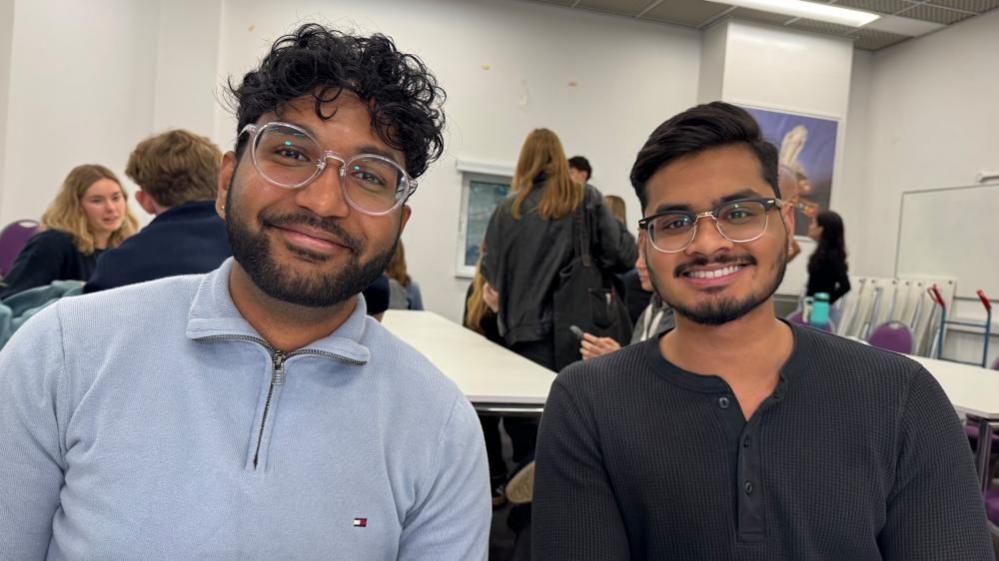
Students say they believe it is a good way to give back to society
Many of the students who have signed up said they want to give back to society and help make access to legal services fairer.
Harish Govindarajoo, a third year law student, said: "We do have this sense of belief that everyone should have access to justice."
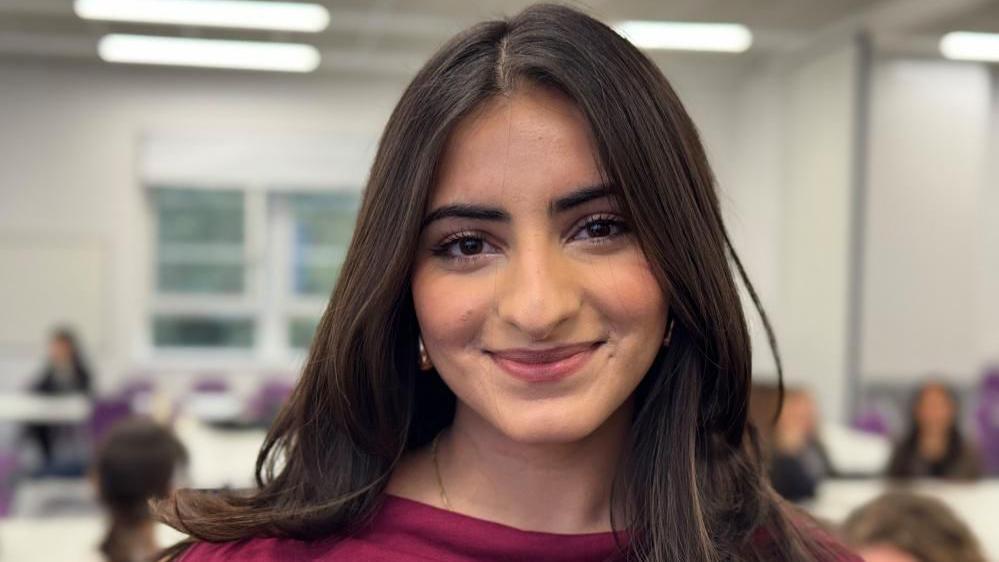
Students who have worked for the clinic previously, are now helping support the new volunteers.
Eshal Sajid, the community impact team manager for the clinic, said she spent the whole summer reaching out to organisations and almost everyone said they would like help.
"You really see a lot of people don't have access to justice, and it's so important to spread that as much as we can."
Benjamin Hull works as the clinic's training and recruitment manager, as well as a student advisor.
He said: "Before coming to uni, I thought about law as this massive academic thing.
"I [now] think law is more about working with the people; meeting with clients and seeing their issues and get the outcome they deserve."
Three decades after he launched the Bristol clinic, Prof Nicolson has also set up law clinics in Strathclyde and Essex.
"Apart from having children, it's the most important thing I've done," he said.
He said he wanted to inspire a new generation of lawyers to realise they can devote their lives to helping people access justice, as he believes there will always be a need for free legal support.
The Ministry of Justice has told the BBC it inherited a legal aid system "under immense strain" and it was working to put it back on "long-term sustainable footing".
Related topics
- Published15 October
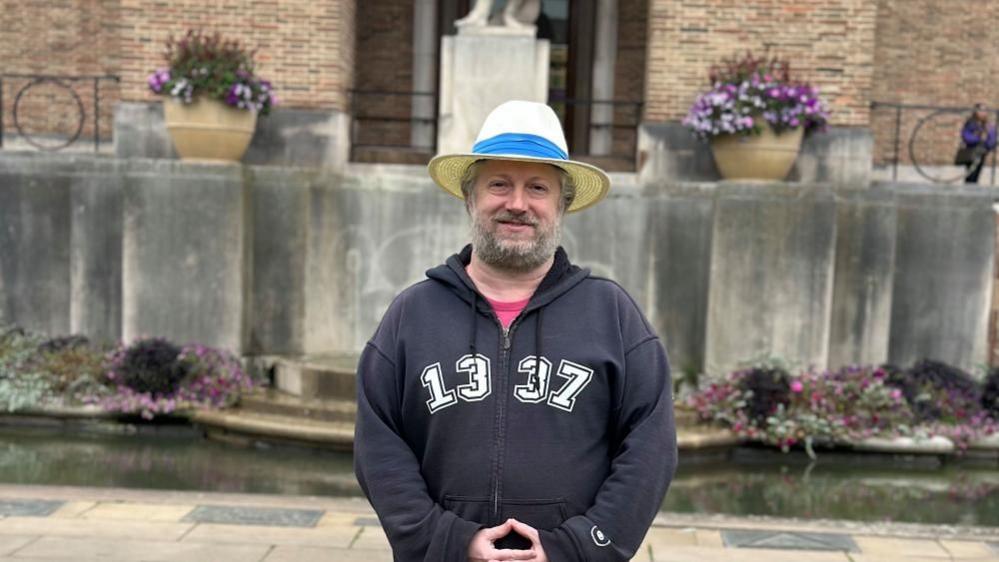
- Published22 July
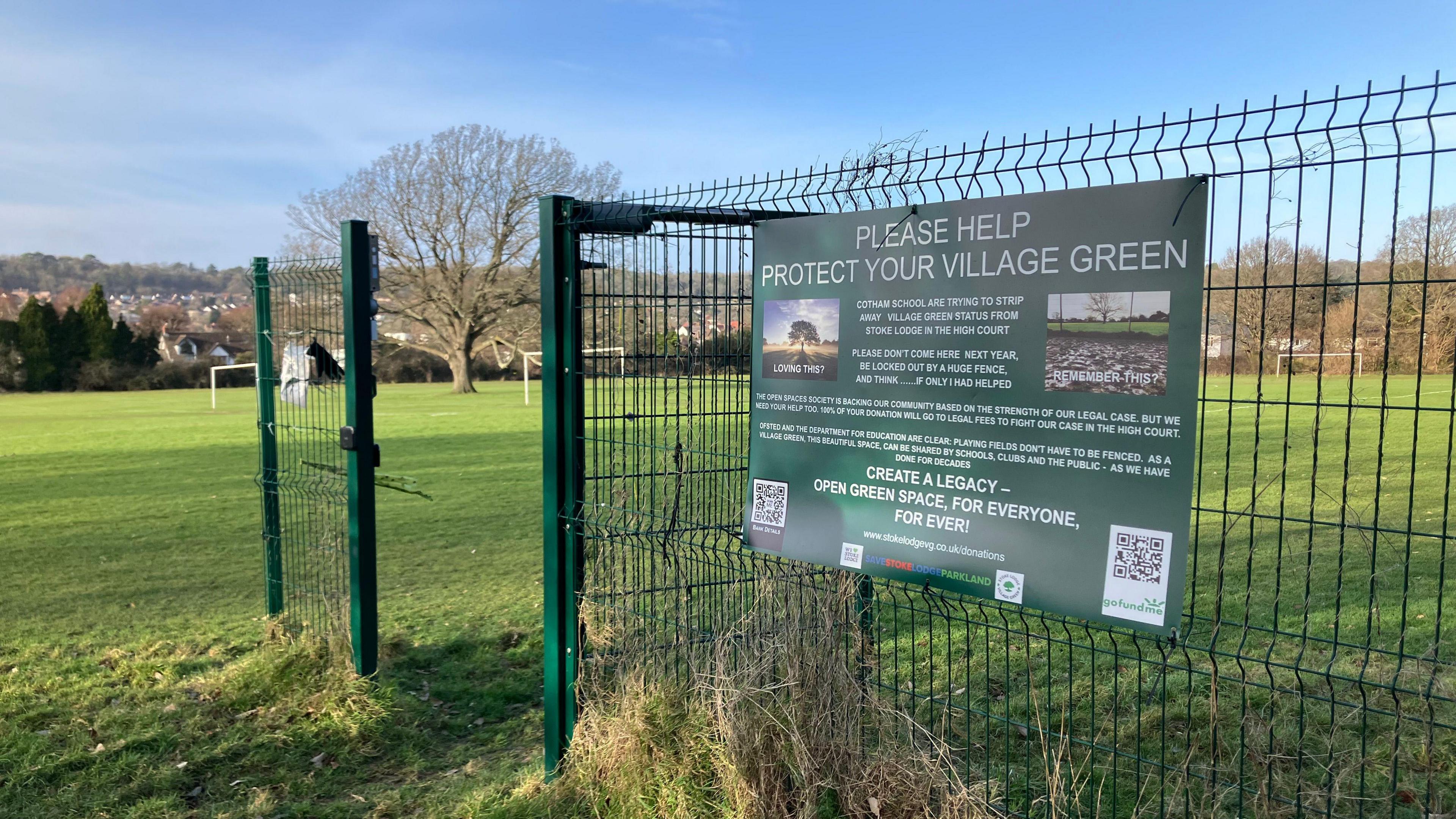
- Published28 January
